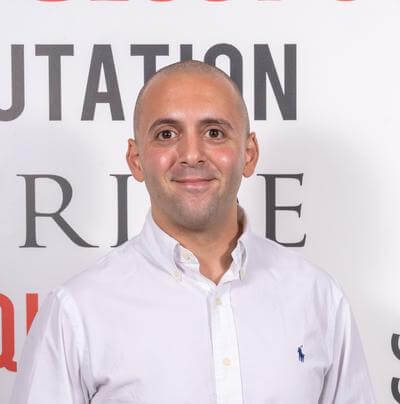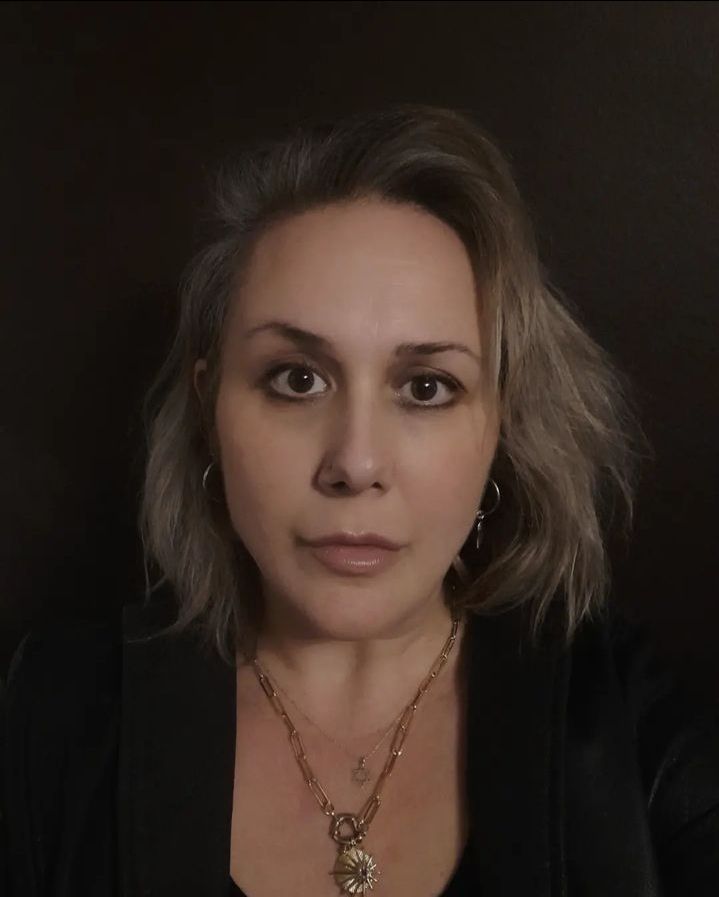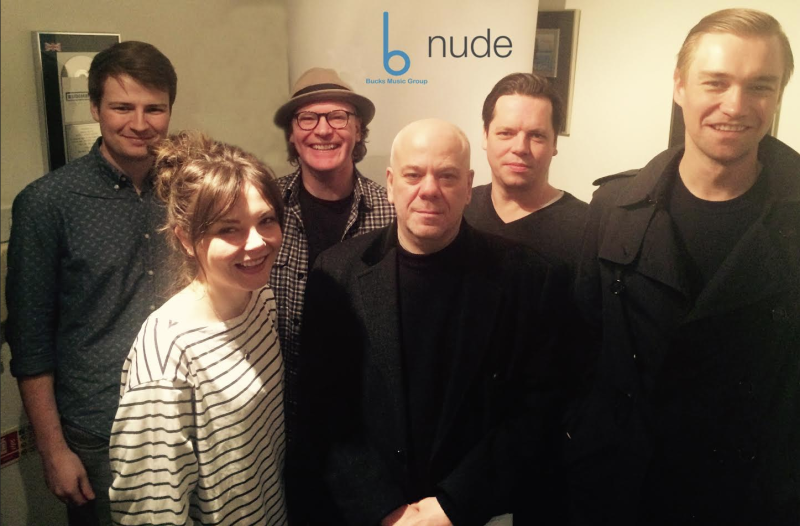Photos: 2018 Photoshoot (By David Applebee)
Tell us about Diffuse Digital and what inspired you to start your SEO company?
I’ve always had a passion for marketing, especially digital marketing. I originally started as a freelance web designer. The first website I built looked great, but I realized the client expected the new site to increase sales, yet they didn’t have any traffic to begin with.
This wasn’t an issue with the website itself but with the business’s online presence, as they primarily operated from a physical location.
That first project made me realize that my interest wasn't just in creating websites, but in driving traffic to them. That’s when I decided to focus on SEO, shaping the direction of Diffuse Digital.
What sets Diffuse Digital apart from other SEO agencies, especially in the e-commerce space?
Many SEO agencies focus solely on clicks and impressions as their KPIs, and while those are important to us, we also prioritize sales from organic traffic as a critical KPI. When companies invest in SEO, they rarely just want traffic—they want conversions and more leads. Our goal is to deliver that value.
In the e-commerce space, SEO can significantly impact business success. However, we’ve found that the effectiveness of our SEO services is often tied to how well our clients’ email marketing automations are set up.
For example, without an effective lead capture or pop-up strategy, the traffic we drive may not convert into sales. That’s why we’ve developed an offering that combines SEO with optimized email marketing flows. This holistic approach ensures ongoing A/B testing and optimization of offers and refining crucial flows like Abandoned Cart Series, Welcome Flows, and Winback Series to maximize ROI.
How do you approach SEO for e-commerce clients differently than for other businesses?
Local SEO and e-commerce SEO require different strategies. For local businesses, the focus is often on optimizing the Google Business Profile and ensuring visibility in the Google Map Pack, which drives local sales. The site optimization process is the same, but the site size is typically smaller, and the tactics for boosting the local search presence are very different.
For e-commerce, on the other hand, we dive deeper into product optimization, conversion strategies, and scaling visibility to drive online sales. The complexity and size of the websites are much greater, requiring a different set of solutions.
Can you share a case study or success story where your SEO and email marketing optimization significantly boosted a client’s ROI?
One of our standout success stories is with Mary Jane’s Headquarters, an e-commerce headshop in Canada. When they came to us, their online sales had been steadily declining despite a recent website redesign. We conducted a comprehensive SEO audit and discovered issues such as broken URLs and poor site structure, which were affecting search rankings and user experience. By resolving these issues and optimizing high-converting products, we began to see traffic and sales steadily increase.
Alongside SEO, we revamped their email marketing strategy, focusing on abandoned cart emails, welcome offers, and targeted campaigns. Within a year, sales increased by 500%, and during their annual 4/20 sale, sales rose by 1,250% compared to the previous year. In the second quarter of 2020, we achieved an 11x increase in sales year-over-year, which solidified this as one of our proudest success stories.
What challenges do you often see with e-commerce SEO, and how do you help your clients overcome them?
The two biggest challenges are ranking the website and converting that traffic into sales. Larger budgets make this process easier, but many of our clients come to us with smaller budgets, and we need to find solutions that deliver results quickly while staying within their means.
To tackle ranking issues, we analyze existing products and target the low-hanging fruit first—products that already rank but need optimization to move up in the search results. We also focus on site speed, which is critical for all sites but especially for e-commerce.
At the same time, we implement lead-capturing strategies like pop-ups and A/B testing to see what converts best. This combination of driving traffic and improving conversions provides early wins that clients can see in tangible results. From there, we continuously test and improve their email flows—starting with the welcome and abandoned cart flows—before expanding into post-purchase and win-back flows.
What advice would you give to a new business looking to invest in SEO for the first time?
First, find the right agency and ask a lot of questions. SEO is not a one-size-fits-all service. Every agency’s processes are different, and it’s important to work with someone you can trust - who understands your business. Two key questions I recommend asking are:
- “What KPIs will you use to measure success?” If they don’t focus on conversions or offer insights into how traffic will turn into sales, you’ll want to be well aware of that before investing.
- “Do you have case studies I can review, and can I contact your references?” Some agencies showcase case studies that may not be legitimate. Doing your homework is essential to ensure you’re partnering with a reputable company.
- “Have you worked with businesses in/related to my industry?” The competitiveness of each industry is different and it’s ideal to find someone who has worked in your industry in the past and achieved success - it makes them more likely to provide a positive experience for your own SEO campaign.
What’s your vision for the future of Diffuse Digital, and how do you plan to continue helping clients achieve growth?
Our vision for the future is to expand our e-commerce offering. I want to create a training series that gives small business owners who may not have the budget to hire an agency access to the same training and checklists we use internally. This will enable them to execute SEO strategies, and email marketing optimizations on their own.
Right now, we’re focused on building a new website for Diffuse Digital, but once that’s complete, developing this training series will be our next big initiative.






